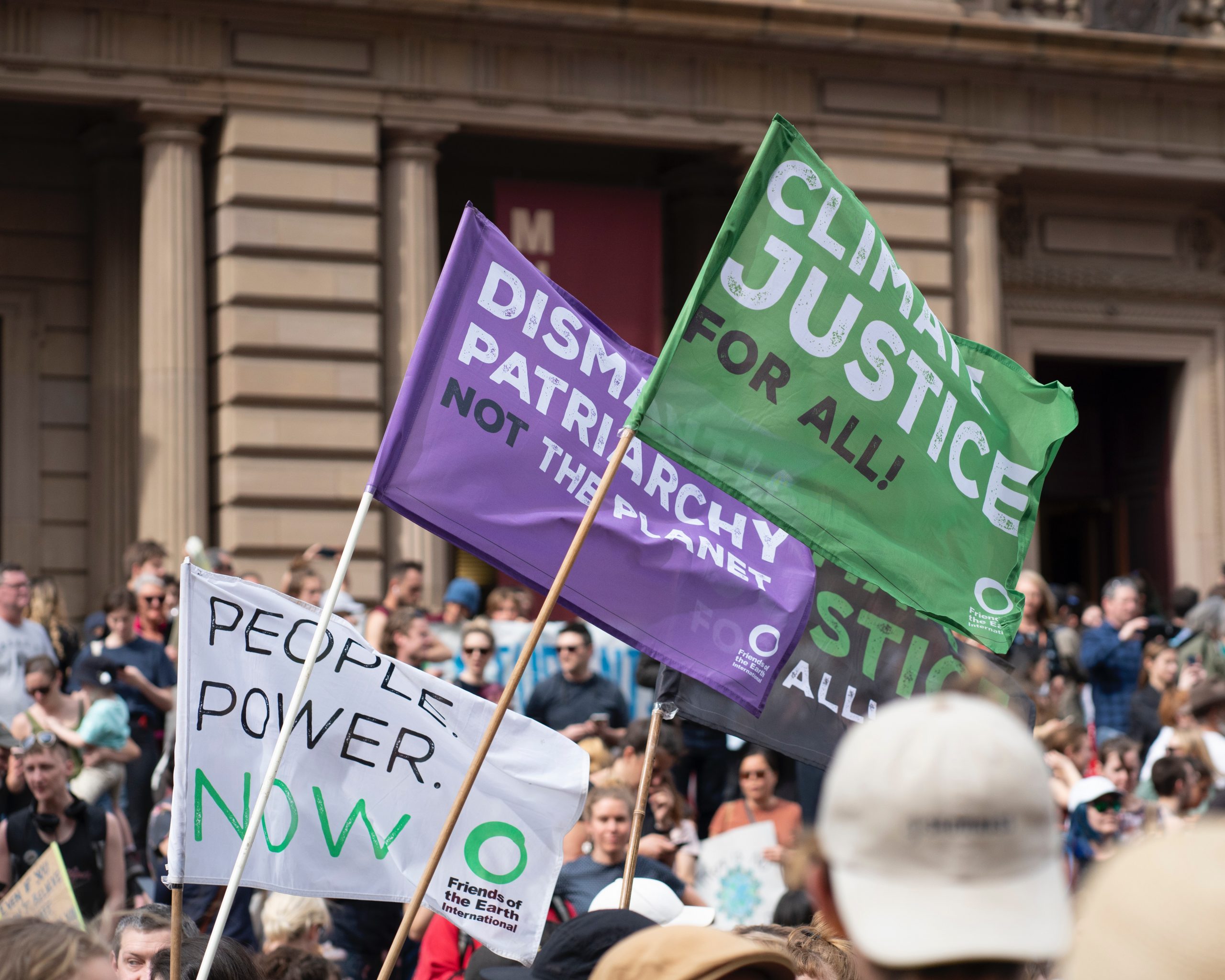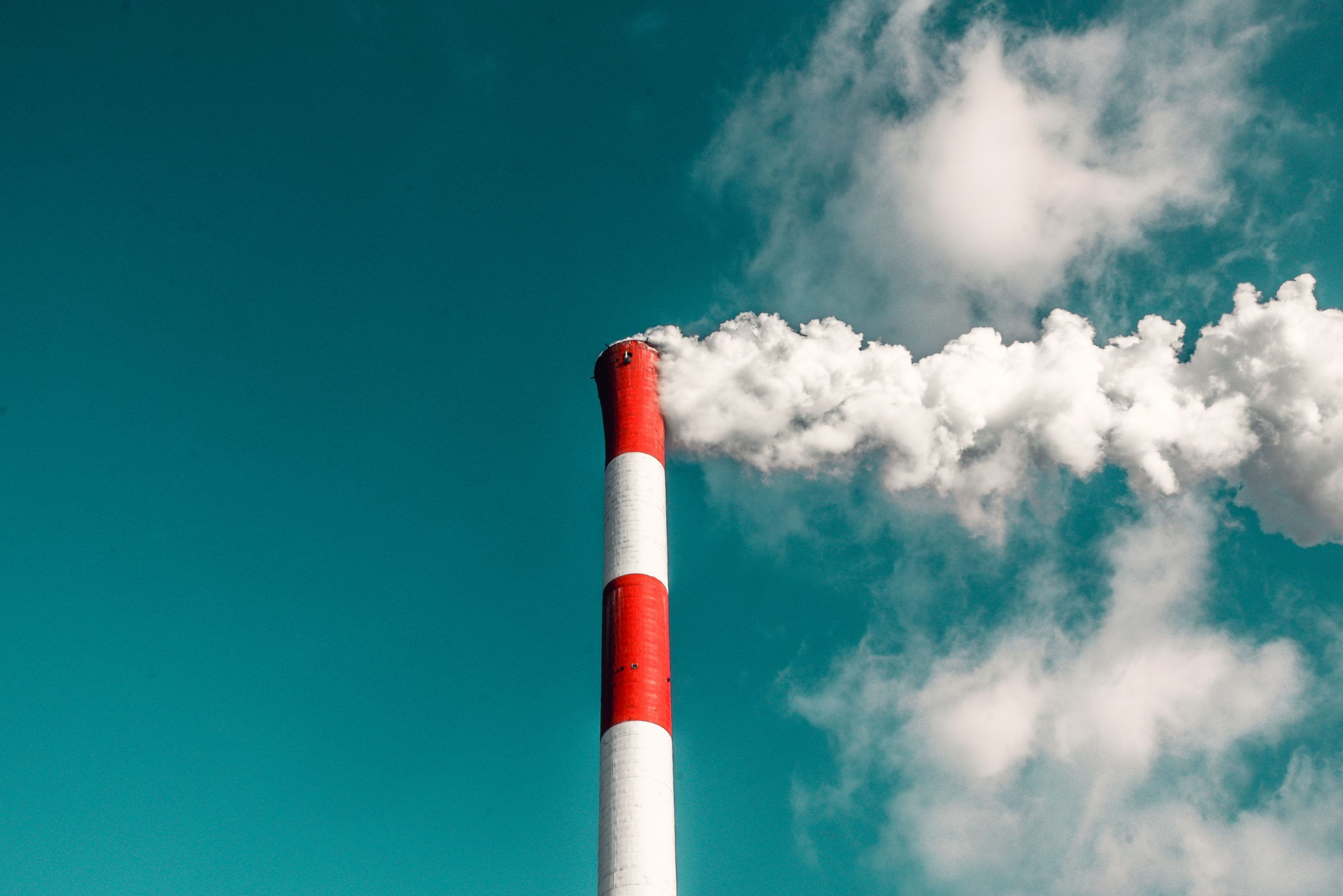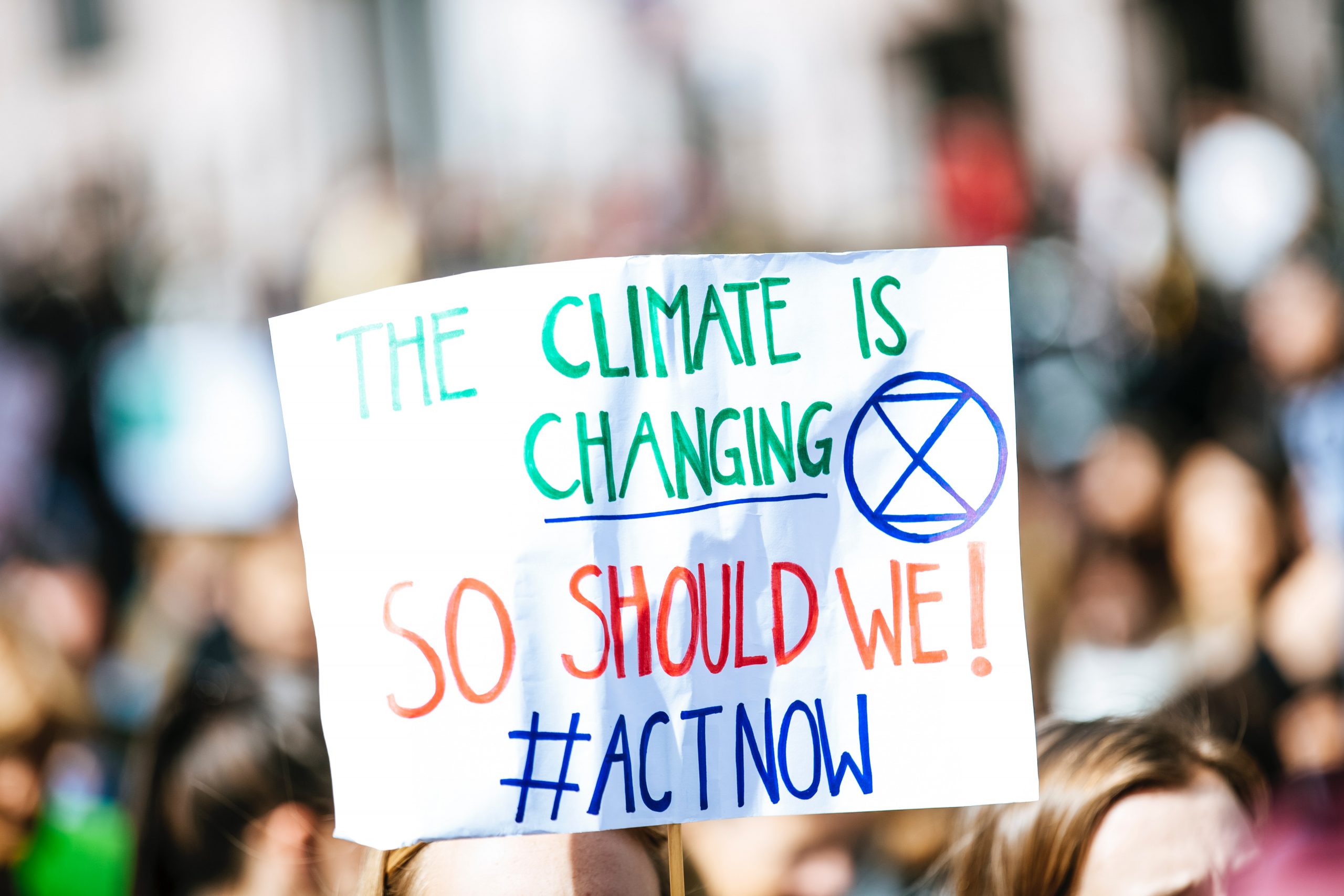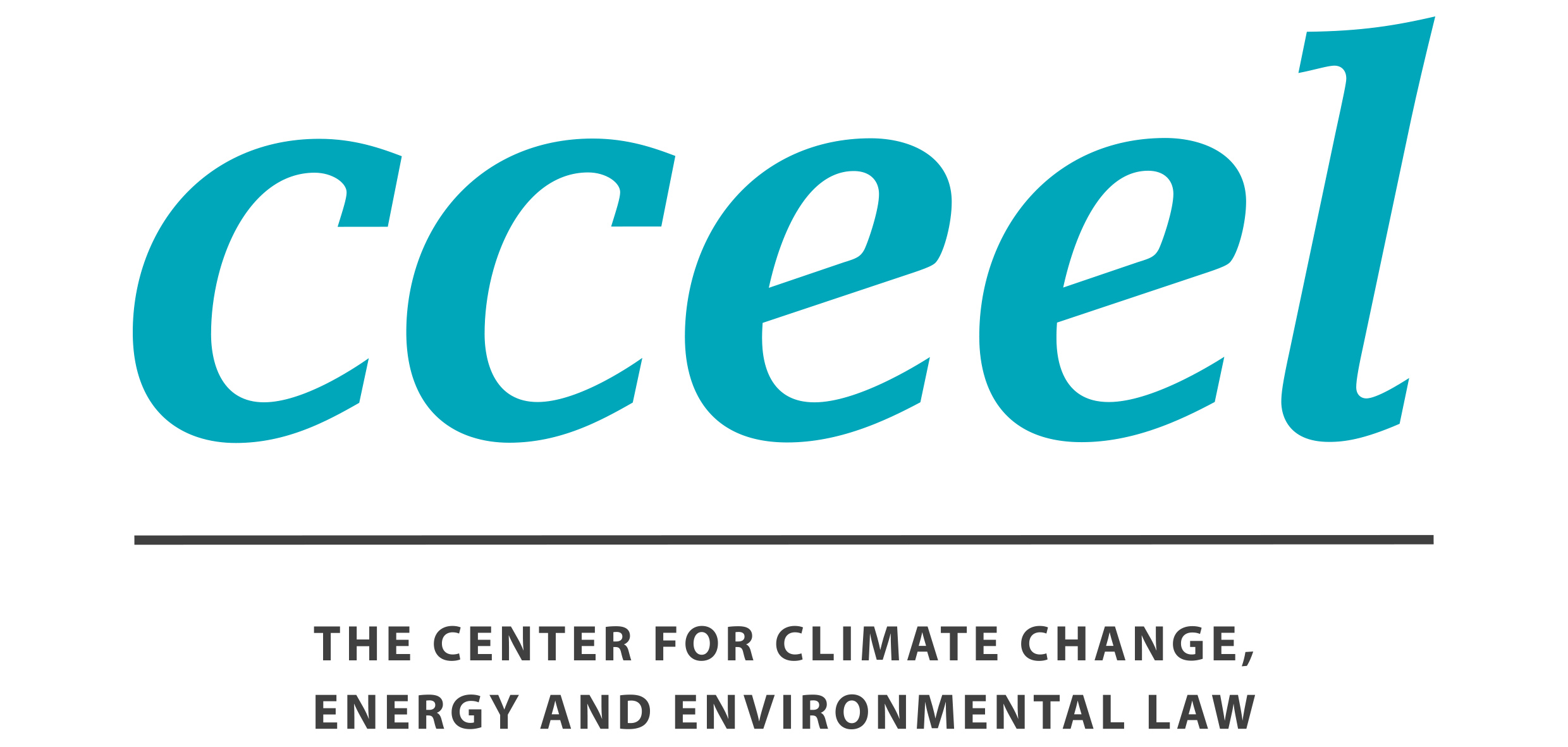Climate tipping points and international climate law: Is law equipped for the challenge?
By Vivien Reh, Doctoral Researcher at the University of Eastern Finland Finland, among many other countries in Europe and around the world, has seen a record-breaking heat wave for much of July 2025, surpassing previous records and feeding into a growing global acceptance that the occurrence of extreme weather events seems to have become the […]
Keeping up with Article 6 of the Paris Agreement – The path towards Baku COP29
By Sara Tolonen, PhD Candidate The emerging Article 6 carbon market architecture The Subsidiary Body for Implementation (SBI-60) and Subsidiary Body for Science and Technological Advice (SBSTA-60) of the United Nations Framework Convention on Climate Change (UNFCCC) held their intersessional meetings in Bonn on 6-13 June 2024, with a continuing focus on making progress on […]
Finland’s new Climate Change Act and the legally-binding target for carbon neutrality by 2035: How it happened and what it means?
By Kati Kulovesi, Professor of International Law and Director of CCEEL On 25 May 2022, the Finnish Parliament adopted a new Climate Change Act, enshrining in law the goals for the country to be carbon neutral by 2035 and for its greenhouse gas emissions to continue decreasing and removals increasing thereafter, meaning that Finland must […]

Five takeaways on international climate cooperation from the IPCC’s Sixth Assessment Report on mitigation
By Harro van Asselt, Professor of Climate Law and Policy. First published in the NDC Aspects blog on 7 April 2022. The latest report by the Intergovernmental Panel on Climate Change (IPCC) underscores once again why this is a critical decade for climate action: to keep global warming below 1.5°C with a chance of more than […]

COP26: What to expect?
By Nicola Sharman, PhD Researcher. First published in the 2035Legitimacy blog on 28 October 2021. On 1 November, delegates from around the world will come together for two weeks at COP26 in Glasgow, Scotland, to discuss the international response to climate change. After a one-year delay due to the pandemic, the Glasgow conference marks a […]

The Global Methane Pledge: a timely new step in global climate governance
Photo by Markus Branse on Flickr By Harro van Asselt, Professor of Climate Law and Policy and Veera Pekkarinen, PhD Researcher The latest report by the Intergovernmental Panel on Climate Change (IPCC) once again highlighted the need to drastically cut our greenhouse gas emissions to avert climate disruption. While for many years, measures to tackle […]

Friends of the Earth (Netherlands) v Royal Dutch Shell: Human rights and the obligations of corporations in the Hague District Court decision
By Annalisa Savaresi and Margaretha Wewerinke-Singh. First published in The Global Network for Human Rights and the Environment (GNHRE) blog on 31 May 2021. Photo by Lawrence Makoona on Unsplash. After its landmark ruling in the Urgenda case in 2015, on 25 May 2021 the Hague District Court marked another milestone in the history of climate litigation worldwide by ordering Royal […]

Opening the black box of transparency in multilateral climate governance
by Harro van Asselt and Ellycia Harrould-Kolieb. Photo by Nuno Silva on Unsplash. Transparency has become a buzzword of the 21st century, including in the context of global governance. International regimes governing a wide array of societal challenges, from arms control to trade, and human rights to the environment, have created formal and informal processes […]

Using the Paris Agreement to strengthen action on methane
by Veera Pekkarinen. This article was first published in IISD/SDG Knowledge Hub on 13 January 2021. Photo by veeterzy on Unsplash. Methane can be characterized as a “super-pollutant”. While it stays in the atmosphere only for 12 years, it is up to 86 times more powerful in warming the climate in the short term than the most […]

Realizing the promise of Paris: Three ways of strengthening non-state and subnational climate action
By Harro van Asselt, Sander Chan, Idil Boran, Thomas Hale, Lukas Hermwille, Charles Roger. 11 December 2020. Global Governance. Harro van Asselt, Sander Chan, Idil Boran, Thomas Hale, Lukas Hermwille, Charles Roger examine opportunities to strengthen climate action by non-state and subnational actors. Article was first published on the Global Policy website on 11 December […]
